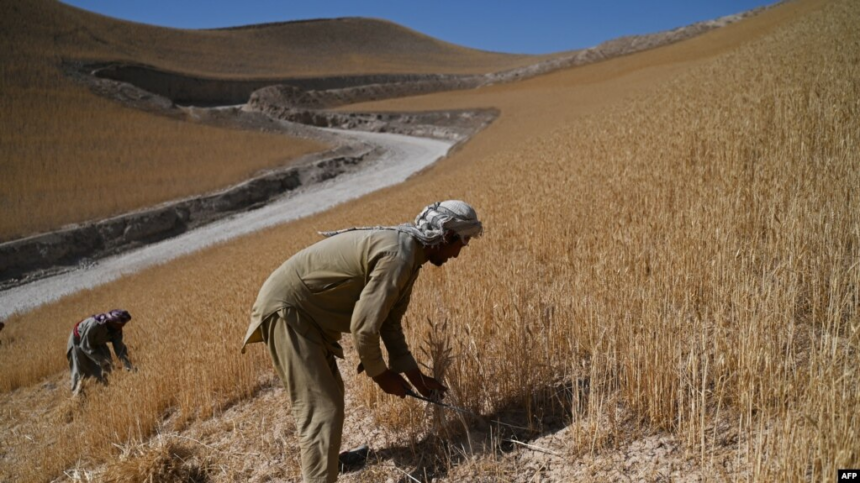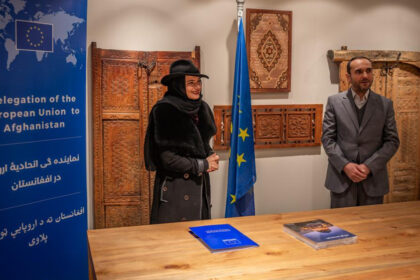RASC News Agency: As the world marks Earth Day, the European Union Delegation in Afghanistan has voiced deep concern over the escalating impact of climate change on agriculture, food security, and rural economies in the country, warning that environmental degradation poses a critical threat to the livelihoods of millions. In a message shared on Tuesday, April 22, via the social platform X, the EU emphasized that Earth Day is a moment to reflect on the indispensable role of land and the environment, particularly in vulnerable nations such as Afghanistan. “This day is a reminder of the urgent need to protect the Earth the primary source of livelihood for millions, especially in fragile, climate-sensitive regions like Afghanistan,” the statement said.
The EU reaffirmed its commitment to supporting Afghanistan’s population through the development and implementation of innovative, climate-resilient programs. These initiatives are specifically designed to assist rural communities whose survival is intricately linked to natural resources that are increasingly at risk due to environmental shocks. In recent years, Afghanistan has experienced unprecedented and prolonged droughts, leading to severe declines in groundwater levels, the degradation of arable land, and significant reductions in agricultural output. Simultaneously, sudden and destructive flash floods have caused widespread damage to homes, farmlands, and critical rural infrastructure.
Despite contributing negligibly to global greenhouse gas emissions, Afghanistan ranks among the top ten countries most severely affected by climate change, according to the United Nations. This stark disparity highlights the injustice faced by nations that bear the brunt of climate consequences while having played little to no role in causing them. The EU concluded its Earth Day message by stressing the necessity of coordinated international and regional efforts to address the deepening climate crisis. “Tackling climate change demands global solidarity. Only through shared responsibility and sustained cooperation can we protect Afghanistan’s natural heritage and secure a dignified future for its people.”






